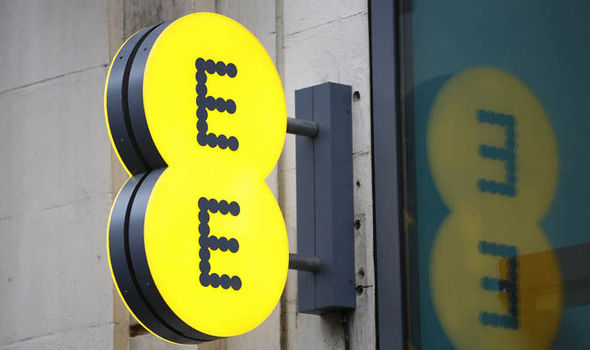The telecoms regulator Ofcom found that EE, which is owned by telecoms giant BT, broke a billing rule on two occasions. According to the BBC, ‘users who called its 150 customer services number while roaming within the EU were incorrectly charged as if they had called the US. That meant customers were charged £1.20 a minute, rather than 19p. As a result, more than 32,145 customers were overcharged a total of £245,000.’
UnemploymentFigures released by the Office for National Statistics (ONS) this morning show that unemployment fell by 52,000 to 1.6 million in three months to November.
The jobless rate was steady at an 11-year low of 4.8 per cent while the employment rate was steady at a record 74.5 per cent. Average earnings rose by 2.7 per cent year-on-year. Public sector pay Nurses, teachers and firefighters’ pay will fall by thousands of pounds in real terms by the end of the decade. That’s unless the Government softens its stance on public sector salaries, the TUC has said. Published in The Guardian, the new analysis suggests that midwives, teachers and social workers will see their real pay drop by more than £3,000 by 2020 if the Government sticks to plans to limit salary increases to 1 per cent a year. NS&I The Daily Mail reports on savings rates, saying that savers seeking better deals should consider National Savings & Investments.While rates offered by banks and building societies have plummeted, the Government-backed NS&I has left rates untouched. For its next financial year, it aims to attract at up to £11 billion of new money from savers.
Meanwhile, the Daily Mail also publishes its annual ISA survey. It found that one in four cash ISAs at the major providers now pays less than 0.25 per cent.
Brexit
The Times reports on a new survey by PwC which says that a quarter of Britons expect to be better off in 2017 than last year, despite rising inflation and fears about a ‘hard’ Brexit. National InsuranceThe BBC has published comments by former pensions minister Sir Steve Webb, now director of policy at Royal London, who claims that tens of thousands of grandparents are missing out on National Insurance (NI) credits which could be worth more than £230 a year when they retire.
The BBC said: ‘Mothers who give up work are given NI credits while their children are under 12, to help them get a state pension. If they return to work, relatives can claim the credits instead. To qualify for the so-called grandparents’ credit, such relatives need to be of working age, while caring for the child in question. In the year to the end of September 2016, only about 1,300 people claimed the credits, according to a response to a Freedom of Information request. However, Sir Steve said that as many as 100,000 relatives could get them, if only they were made aware.’ Lifetime ISASavers are set to flock to the new Lifetime ISA, new research suggests, but a significant number remain blind to the risk of an exit charge slashing the value of their fund by thousands of pounds.
The Government’s Savings Bill received Royal Assent this week, confirming the Lifetime ISA (LISA) will launch in April 2017. A survey of AJ Bell Youinvest customers reveals almost half that are eligible to take out a LISA plan to do so. The majority of these people intend to use it for retirement rather than for a deposit on their first house.
However, worryingly almost a third were not aware of the 25 per cent exit penalty they would incur if they need the money before age 60 for any reason other than house purchase or terminal illness.
Equity release
The amount of equity released by homeowners from their properties in 2016 was up almost a third on 2015, with an average loan size of almost £60,000 (£59,887), according to figures compiled by Responsible Equity Release. The equity release specialist looked at the thousands of equity release plans that it arranged in 2016 and compared the figures to 2015. More people than ever are taking out equity release plans with a 28 per cent rise in the number of homeowners releasing equity from their properties last year. Finally…January is the month with the most registered deaths and therefore, the highest funeral bills of the year.
According to SunLife, January always sees more registered deaths than any other time of the year, with 47,336 in the first four weeks of 2016; 17 per cent more than the rest of the year. And with the cost of a funeral now standing at £5,873, that is a combined cost of £278,004,328.
And due to the fact that half of us either make no provision or insufficient to cover the full cost, on average, friends and family have to cover 32 per cent of these funeral costs. This is an average of £1,879 , and a total cost this month of £88,944,344.
For one in seven, this cost causes real problems. Of the 13 per cent who said finding the money to pay for a funeral caused them ‘notable financial concerns’, one in five had to borrow money from a friend or relative, one in ten had to get a loan, and a quarter had to use a credit card to pay for the funeral. One in ten were forced to sell belongings to cover the cost.






Comments